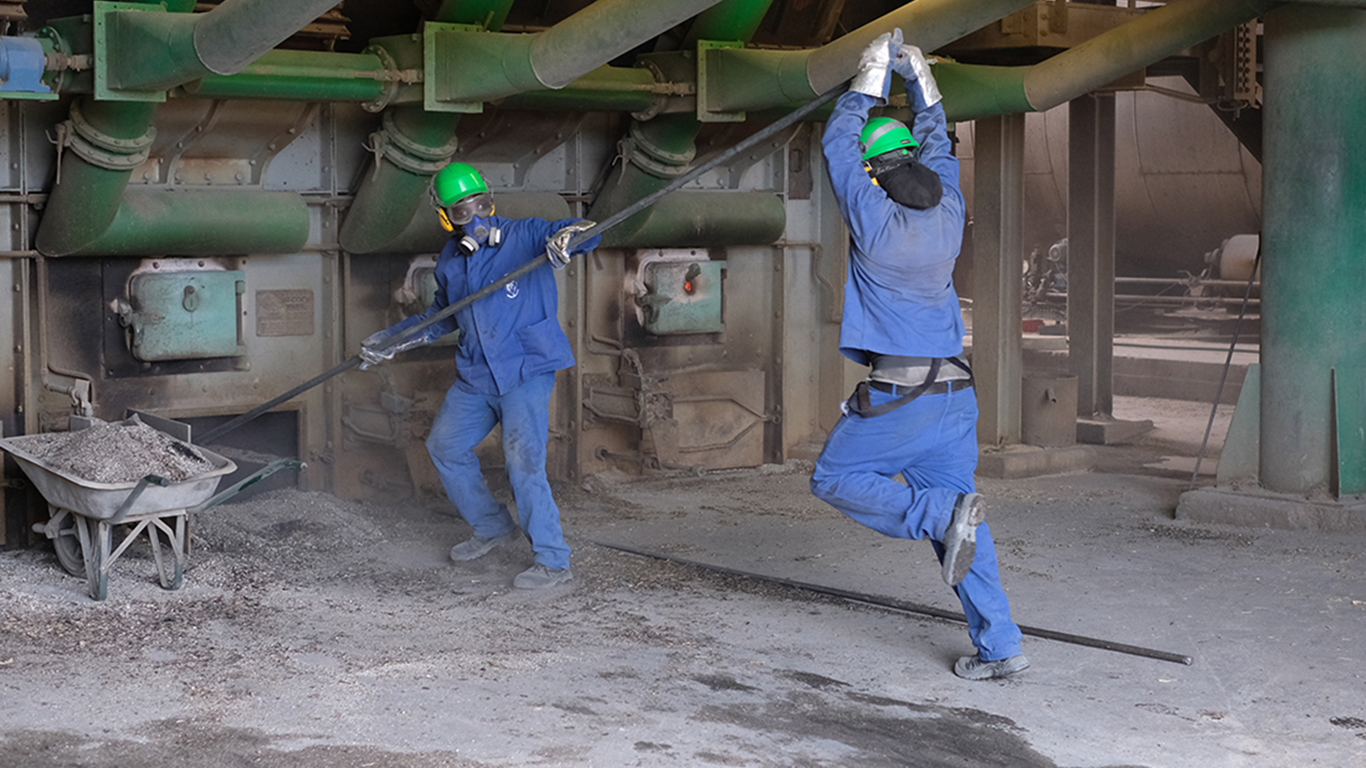Frankreich, Guadeloupe | France, Guadeloupe , 2020
Words of Negroes
Sprache | Language: OmeU | SEN
Doku | 80 Min.
Auf Marie Galante, einer winzigen Insel vor der Küste von Guadeloupe in den französischen Westindischen Inseln, ist die Vergangenheit noch lebendig. Die Insel ist mit Zuckerrohrfeldern bedeckt. Das Zuckerrohr bestimmt noch immer das Schicksal der Menschen und aus ihrem Schweiß wird unter dem Ächzen und Dröhnen der Maschinen Zucker hergestellt. Sie sind Arbeiter*innen und Pflanzer*innen und setzen ihre Kraft für das Überleben ihrer alten Zuckerfabrik ein: Grand Anse. Hier taucht die Vergangenheit wieder auf, in den zeitlosen Landschaften, der anachronistischen Form der Fabrik, den unveränderten Gesten der Arbeit, der Ausdauer, die sie erfordert. Ich bringe den Arbeiter*innen der Fabrik einen Teil ihres Erbes zurück: die Transkription der Worte, die die Sklav*innen beim Prozess gegen ihren Herrn im Jahr 1842 gesprochen haben. Sie ergreifen und verkörpern diese Worte der schwarzen Bevölkerung und erwecken so eine Erinnerung wieder zum Leben, die noch immer ihre Gegenwart prägt. Und bald, wieder verbunden mit einer kollektiven Identität, erheben sie ihre eigenen Stimmen. Der Rohrstock war das Instrument der Verdammnis ihres Vorfahren und bleibt, entgegen allen Widrigkeiten, das Instrument ihrer Würde.
In Marie Galante, a tiny island off the banks of Guadeloupe, in the french West Indies, the past speaks up. The island is still covered with sugar cane fields. The cane still shapes the destiny of men and sugar is still made out of their sweat in the groaning and roaring of machines. They are workers and planters and devote their strength to the survival od their old sugar factory : Grand Anse. It’s a cathedral of rusty iron living on borrowed time for 30 years, whose old cast iron boiler is out of breath. Here the past resurfaces, in the timeless landscapes, the anachronistic shape of the factory, the unchanged gestures of the labour, the endurance that it requires. I bring back to the workers of the factory a part of their heritage: the transcription of the words pronounced by slaves at the trial of their master in 1842. They seize and embody these words of Negroes, thus giving back to life a memory that still forges their present. And soon, reconnected to a collective identity, they rise heir own voices. The cane has been the instrument of their father’s damnation, and remains, against all ods, the instruments of their dignity.
Aufführungen

